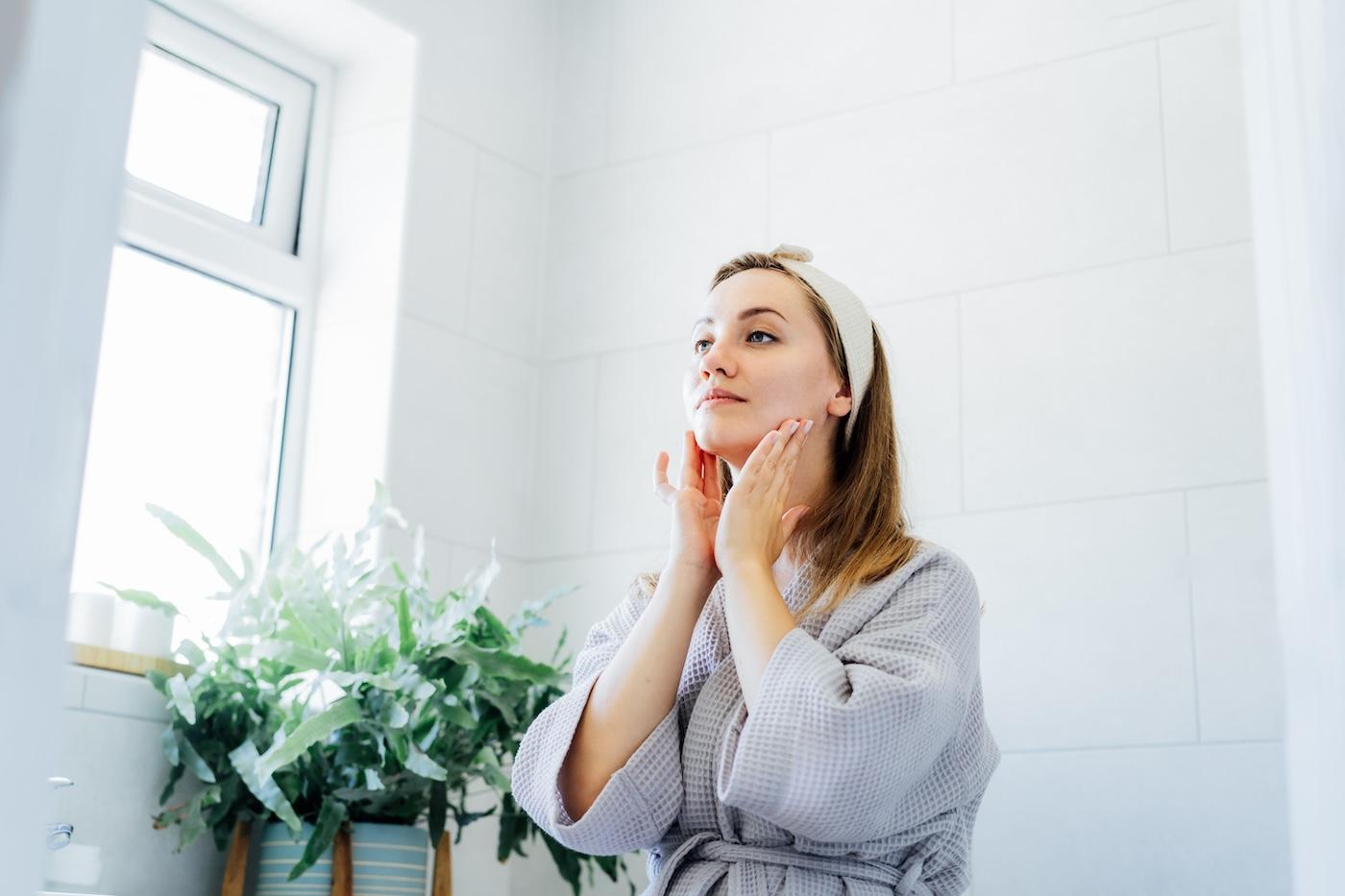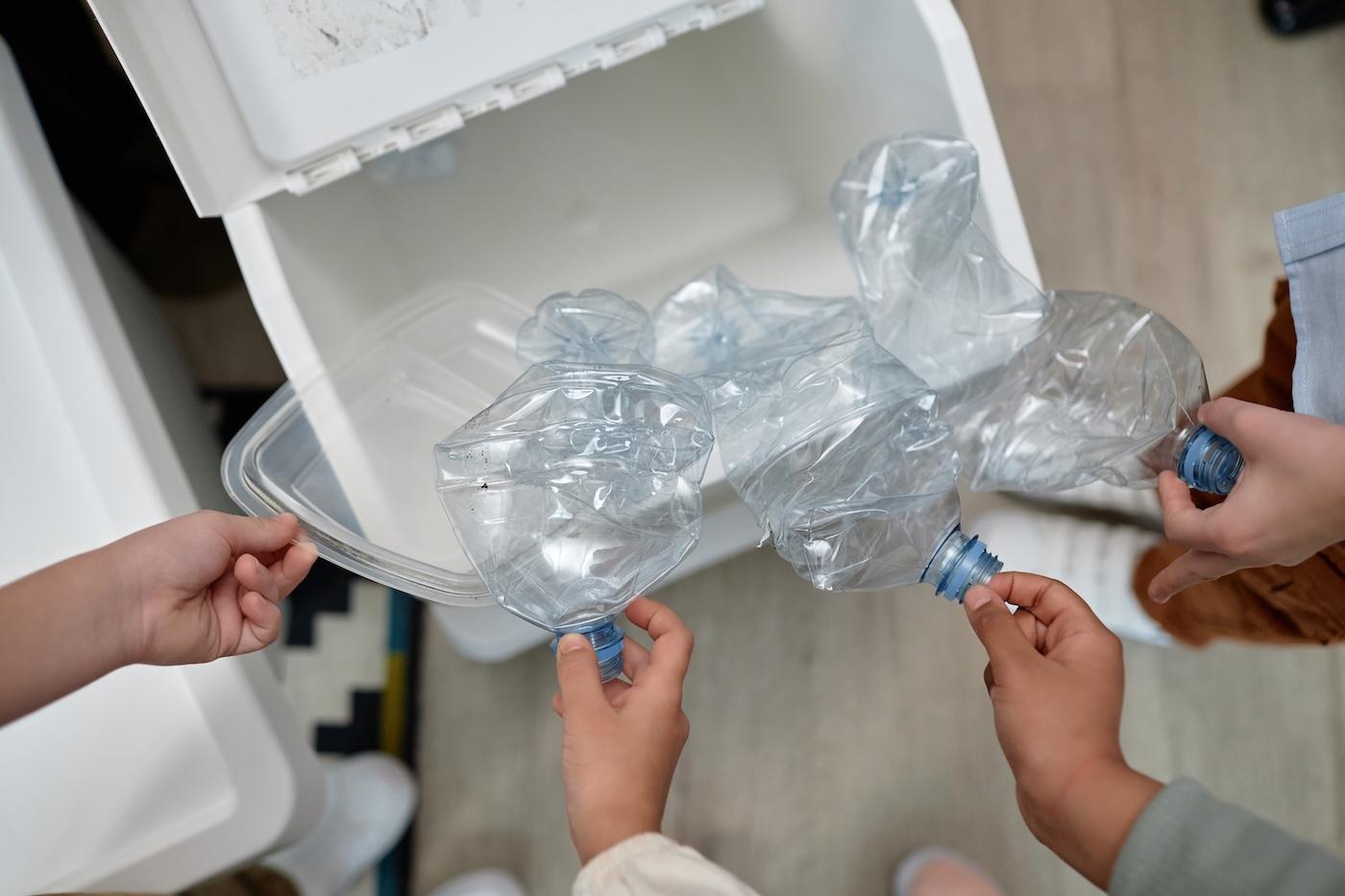PARENTS
How Men's Bodies Change When They Become Fathers
New moms go through a ton of physical changes during pregnancy and after childbirth, but that doesn’t mean that new dads sail through those months unaffected!

Written by
Happiest Baby Staff

New moms go through a ton of physical changes during pregnancy and after childbirth, but that doesn’t mean that new dads sail through those 9 months unaffected. There are many ways men’s bodies change as they transition to fatherhood, too.
Lower Testosterone
Testosterone—the manly hormone—is responsible for male sex drive, aggression and baldness. Studies show that women find men with higher testosterone levels more attractive. While testosterone evolved to help motivate men to find partners with whom to procreate, having bubbling hormones may not be useful to new dads who should be focusing on Mom and baby—not roaming the savannah looking for hook-ups.
A 2011 study found that testosterone levels in new dads drop below the average levels of non-dads. Other studies have replicated these results and found even more interesting tidbits. For example, the more a new dad’s testosterone drops, the greater his involvement is in household chores and baby-related duties.
Higher Oxytocin
Oxytocin—the love hormone—increases during pregnancy, labor and breastfeeding, enhancing a new mom’s deep bond with her baby.
We used to think that only new moms had high oxytocin, giving them a flush of “feel-good” boosters to help them bond with their babies. However, it’s now clear that new dads get a boost of oxytocin, too! Studies show that new dads have higher levels of oxytocin than men without kids.
Interestingly, oxytocin in moms was most triggered by comforting their kids while oxytocin in dads was most triggered by playing with their children.
Brain Changes
Beside hormonal shifts—and adding an extra 10 pounds of “sympathy weight”—a new dad’s brain also undergoes changes. A 2014 study found that their brains mirrored the changes that new moms experience: By 12 weeks postpartum, the parts linked to empathy, nurturing, and attachment thicken up.
The Take-Away
Of course, the stretching, morphing and incredible changes new dads experience are tiny compared to new moms. But now we know that women aren’t the only ones who physically change as a result of parenthood!
Disclaimer: The information on our site is NOT medical advice for any specific person or condition. It is only meant as general information. If you have any medical questions and concerns about your child or yourself, please contact your health provider.
SHARE THIS ARTICLE
MOST LOVED
Sleepytime Sidekicks












